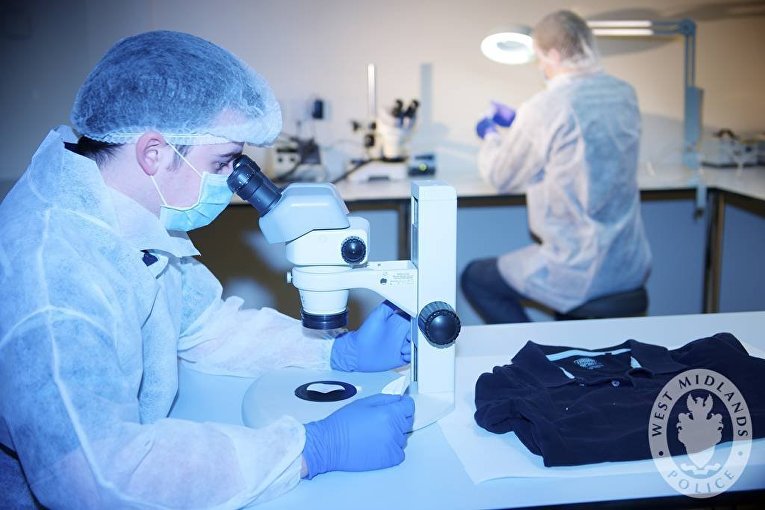MOSCOW, October 23 (RAPSI) – The Government Law-Making Commission has backed an initiative to extend DNA sample collection to all suspected criminals.
The bill extends the list of people subject to the obligatory genome registration. Under the draft law, all inmates, suspects and defendants and those placed in administrative detention would undergo the procedure, Chairman of the Association of Russian Lawyers Vladimir Gruzdev told RAPSI on Friday.
The Law on the State Genome Registration in the Russian Federation adopted in 2008 sets two types of DNA collection, obligatory and voluntary. The obligatory DNA registration applies to convicts and prisoners serving sentence for grave and especially grave crimes, and sexual crimes. Voluntary registration is conducted on a paid basis upon a written application, Gruzdev reminded.
In 2019, 92,800 out of 127,000 conducted DNA tests advanced the solving of crimes, mainly grave and especially grave. In the first half of this year, nearly 71,000 tests were conducted; 49,800 assisted in uncovering of crimes.
As of January 1, 2020, the federal genome base includes information on DNA of 0.6% of Russia’s population, according to Gruzdev.



